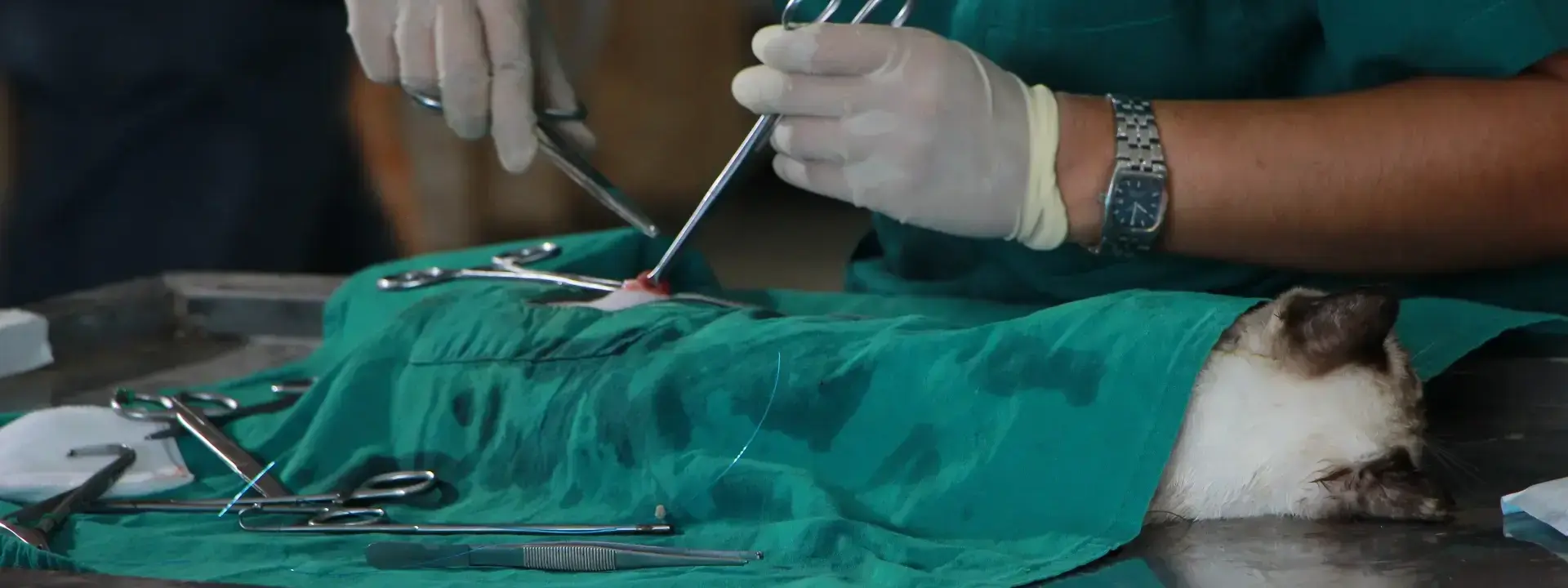
Vet Nurse Job Description
What is a Vet Nurse Professional?
A veterinary nurse is a professional who provides medical care for sick or injured animals. In most cases, vet nurses work in clinics or hospitals under the supervision of a licensed veterinarian. Vet nurses typically have at least an associate’s degree in veterinary technology, although some may have a bachelor’s degree or higher. The job duties of a vet nurse vary depending on the type of practice they work in, but they usually include providing nursing care to patients, assisting veterinarians with procedures, and educating pet owners about animal health and husbandry.
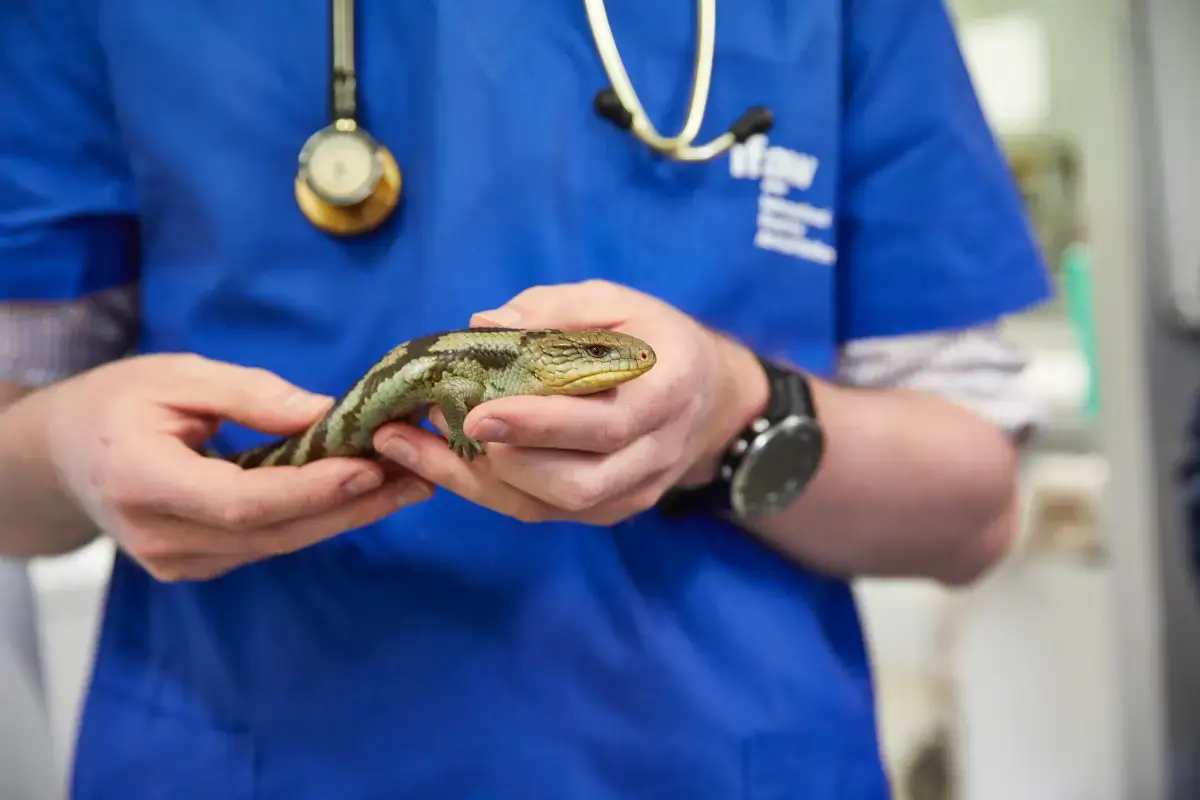
What does a Vet Nurse Expert do?
Vet nurses play a vital role in the delivery of quality veterinary care. They are often the first point of contact for clients whose pets are ill or injured, and their skills and knowledge can make a big difference in the outcome of treatment. Veterinarians rely on vet nurses to provide skilled nursing care and to help them manage their caseloads effectively.
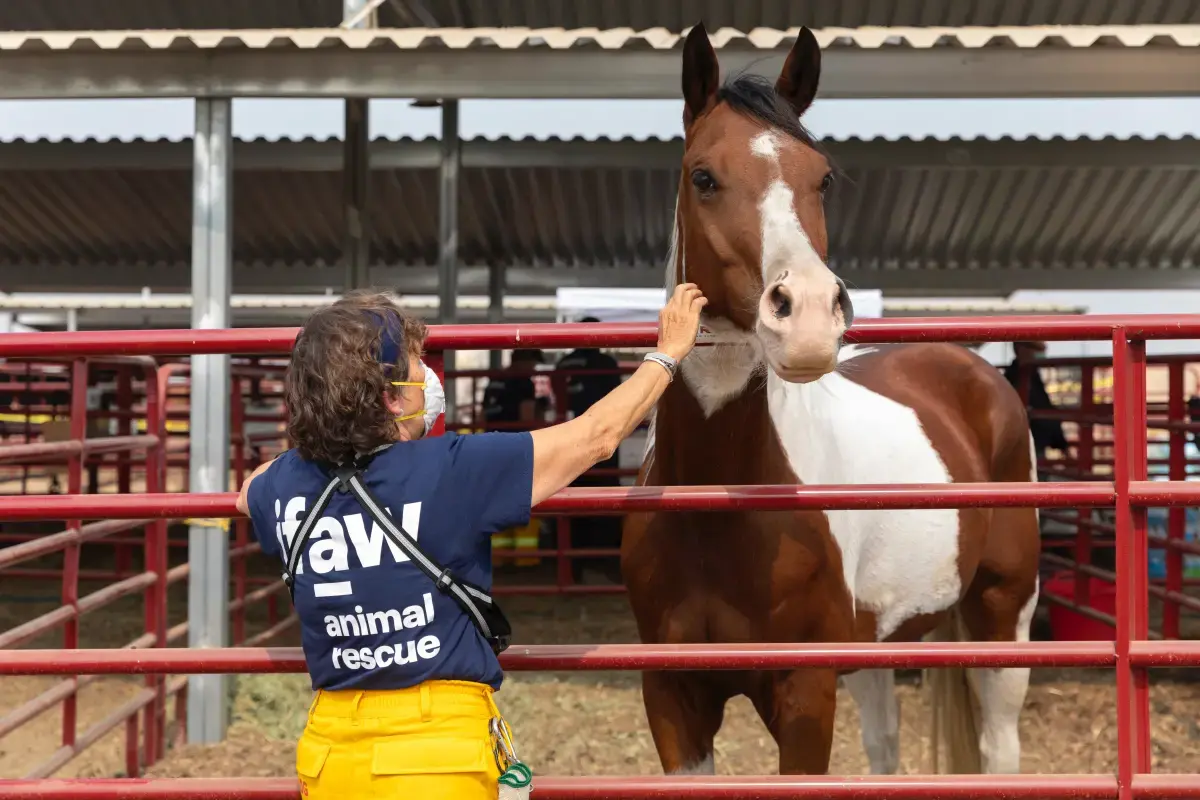
What are the Skills of a Vet Nurse?
As a qualified veterinary nurse, you will be responsible for providing nursing care to sick and injured animals. You will need to have good communication skills as you will be liaising with owners, vets and other members of the veterinary team. You must be able to work well under pressure, as there may be times when you are caring for several animals at once. You must also be able to handle animals in a safe and gentle manner. Your duties will include cleaning wounds, preparing injections, taking blood samples, administering medication, feeding and exercising patients and generally providing 24-hour nursing care. You will also keep records of each animal’s progress and provide updates to their owners or the vet. In some cases, you may also assist with operations by preparing the operating theatre and equipment, cleansing the patient’s skin beforehand and providing aftercare following surgery.
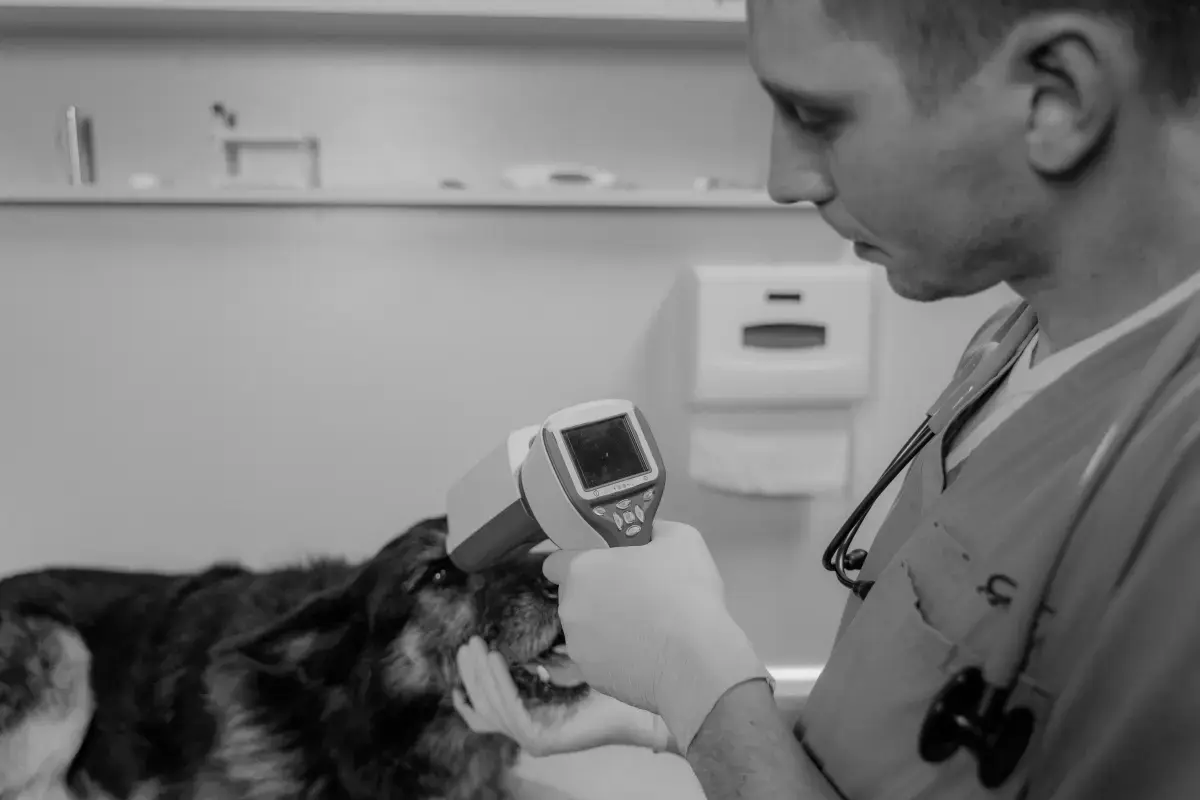
What makes an Expert Vet Nurse?
To become a registered veterinary nurse, you must complete a recognised training program such as a Diploma of Veterinary Nursing or Bachelor of Veterinary Nursing. Alternatively, if you are already registered as a human nurse or midwife, you may be eligible for registration via reciprocal recognition. Once registered, you will need to maintain your registration by undertaking continuing professional development (CPD) activities annually
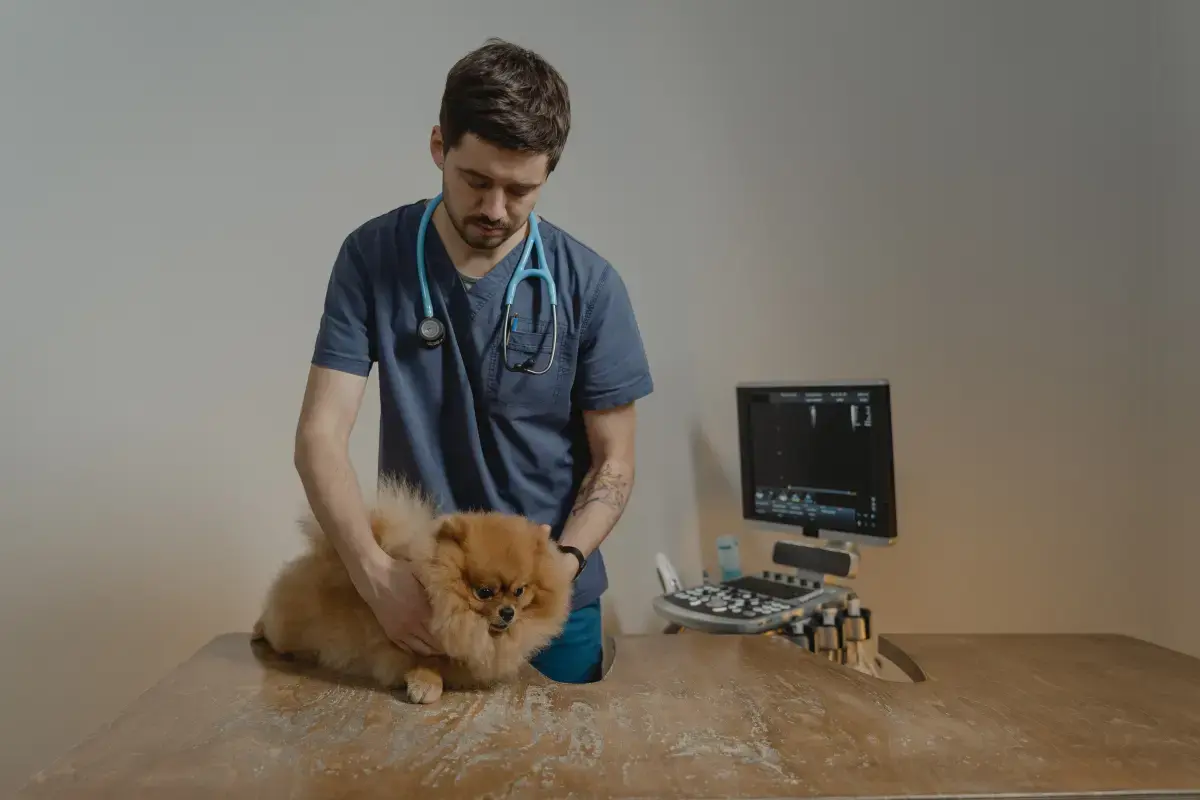
What level of Experience & Qualifications are required to be a Vet Nurse?
Industry Experience: 1. At least 1 year of experience working in the veterinary industry, such as assisting a veterinarian or providing animal care at an animal shelter. 2. Familiarity with basic medical procedures and treatments for animals, including administering vaccinations, drawing blood samples from animals, and cleaning wounds. 3. Knowledge of common diseases that affect different species of pets and how to treat them effectively. 4. Ability to remain calm under pressure when dealing with distressed animals or their owners/caregivers who may be upset about their pet’s condition or treatment plan options suggested by the vet nurse . Training Requirements: 1. Successful completion of approved Veterinary Nurse Training Program (VNTP) which includes both theoretical knowledge and practical training on topics such as anatomy & physiology related to domestic mammals; pharmacology & therapeutics; health management strategies & techniques used in clinical practice; nursing skills relevant to caring for small companion animals; surgical preparation & post-operative nursing care etc.. 2 Qualification obtained through College Of Veterinary Nursing (ACOVN). This is awarded upon successful completion of the VNTP program plus passing ACOVN’s registration examination administered every two years thereafter . Qualifications : 1 Certificate IV In Veterinary Nursing – this qualification provides students with hands-on experience necessary to work safely within a veterinary clinic environment while developing advanced understanding across all areas specific to being a Registered Vet Nurse , e g., communication techniques , assessment practices , ethical considerations etc .. 2 Diploma In Animal Health Technology - this higher level qualification covers broader aspects than just those related directly to vet nursing but still focuses largely on healing sciences pertinent veterinary medicine ; enabling individuals develop further expertise spanning multiple disciplines concerning husbandry / pathology / nutrition / surgery etc ... Education : Bachelor degree in applied science majoring either zoology/biology OR other life sciences preferable however not essential depending on prior qualifications held ie certificate iv already completed
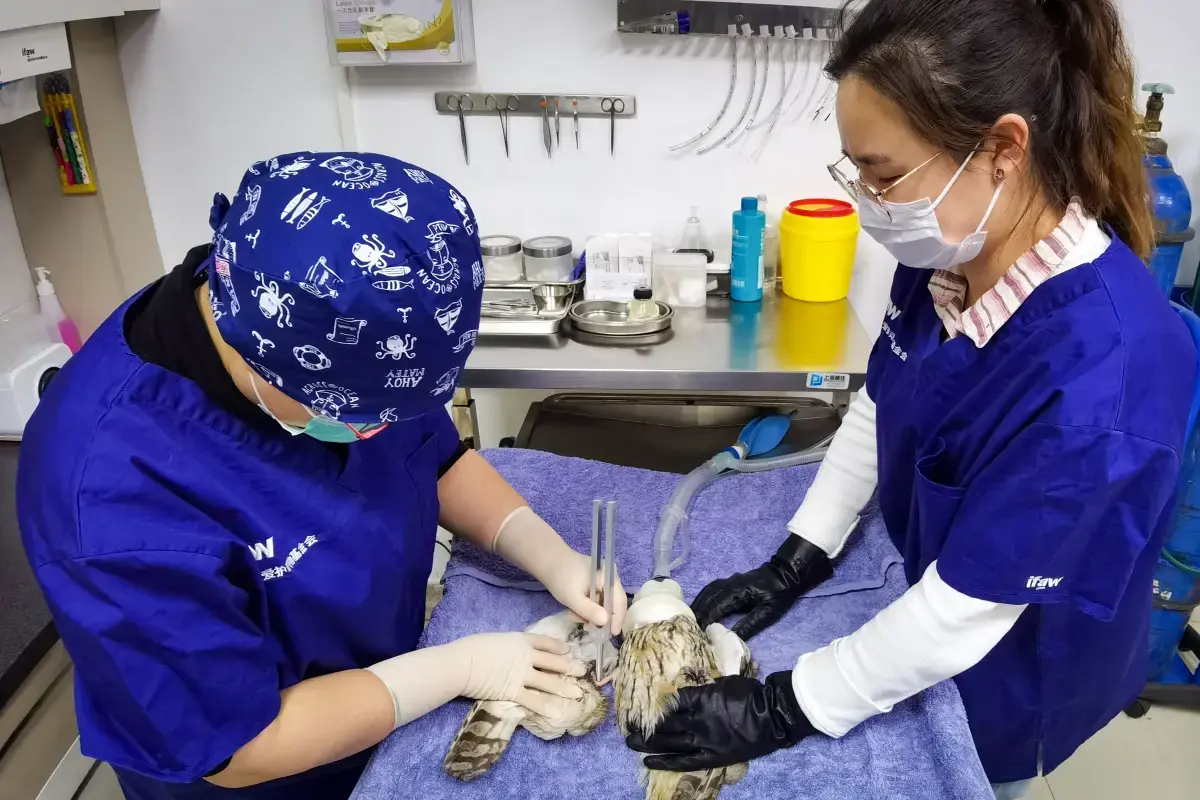
What is the Salary of a Vet Nurse?
The salary of a vet nurse is dependent on the individual’s level of experience and qualifications. A junior vet nurse typically earns an average annual income between $30,000-$40,000 depending on their state or region. As they gain more experience, a senior vet nurse can expect to earn anywhere from $45,000-$60,000 per year. Those with additional qualifications such as specializations may receive even higher salaries in some cases reaching up to $80,000 annually for experienced nurses in metropolitan areas. In addition to base pay rates for employees in this profession are often eligible for bonuses and other incentives based upon performance reviews and job satisfaction surveys conducted by employers over time. The overall compensation package will also vary depending upon what type of veterinary clinic one works at (e.g., private vs public) as well as geographic area where they practice medicine – wages tend to be higher in urban settings than rural ones due mainly accessibility needs given population densities associated with cities versus towns/villages
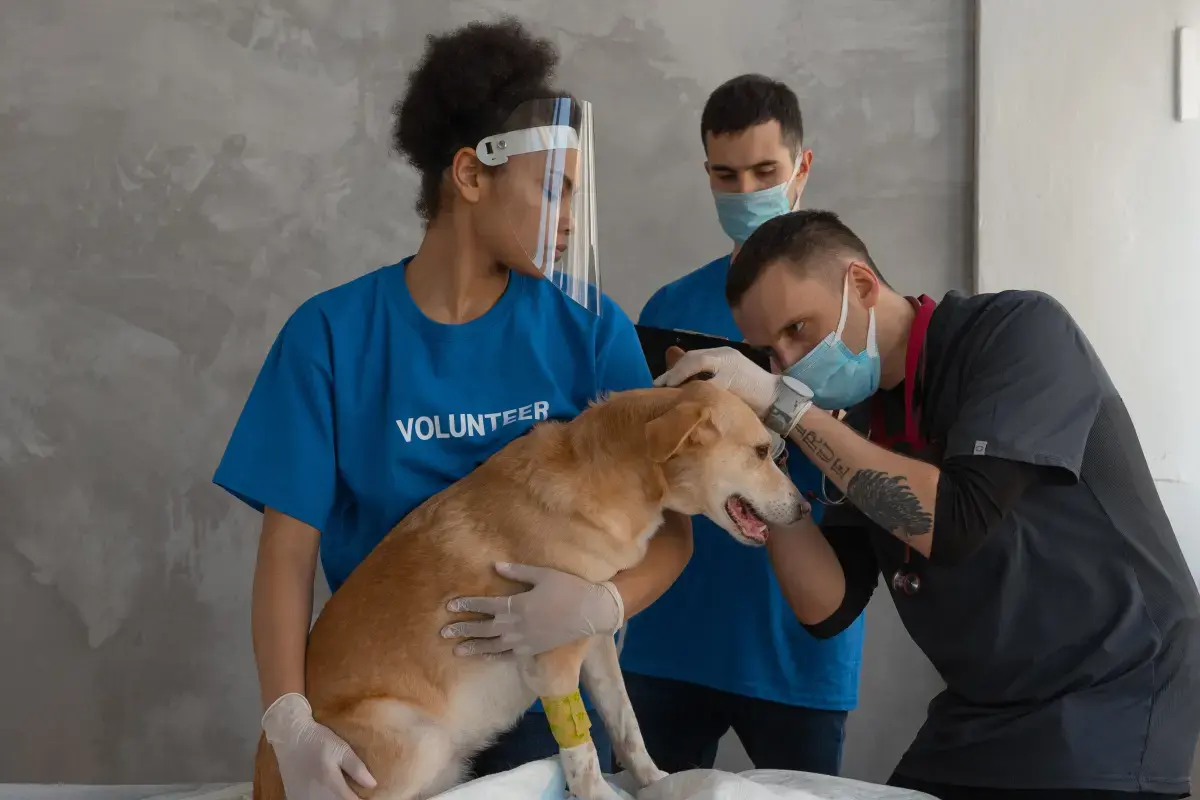
What are the Working Conditions for a Vet Nurse?
Vet nurses typically work in animal hospitals, veterinary clinics and laboratories. They assist veterinarians with the care of animals while providing support to pet owners. Working conditions for vet nurses vary depending on the employer and location. Generally speaking, a typical day may involve: taking medical histories from patients; administering immunizations or medications; performing tests such as bloodwork or x-rays; assisting during surgery or other procedures; monitoring vital signs of anesthetized animals during surgical procedures; preparing laboratory specimens for analysis by technicians or veterinarians; cleaning equipment used in treatments and surgeries; obtaining patient history information from clients before examinations occur. In addition to these daily duties, vet nurses are also responsible for ordering supplies needed at their workplace, maintaining records associated with treatment plans provided by the veterinarian they serve under (i.e., vaccines administered etc.) and educating pet owners on how best to take care of their pets’ health needs over time (annual checkups/vaccines). The hours that vets nurse works can be long due to emergencies that need immediate attention regardless if it is daytime or night – so flexibility is key here! The environment where they work may sometimes be noisy especially when dealing with larger animals who require more intense examination which requires louder tones than what would normally be heard within a human hospital setting. Additionally both small and large animals alike can injure themselves suddenly without warning - resulting in urgent situations requiring quick action - thus focus must remain high throughout each shift worked no matter what situation arises!
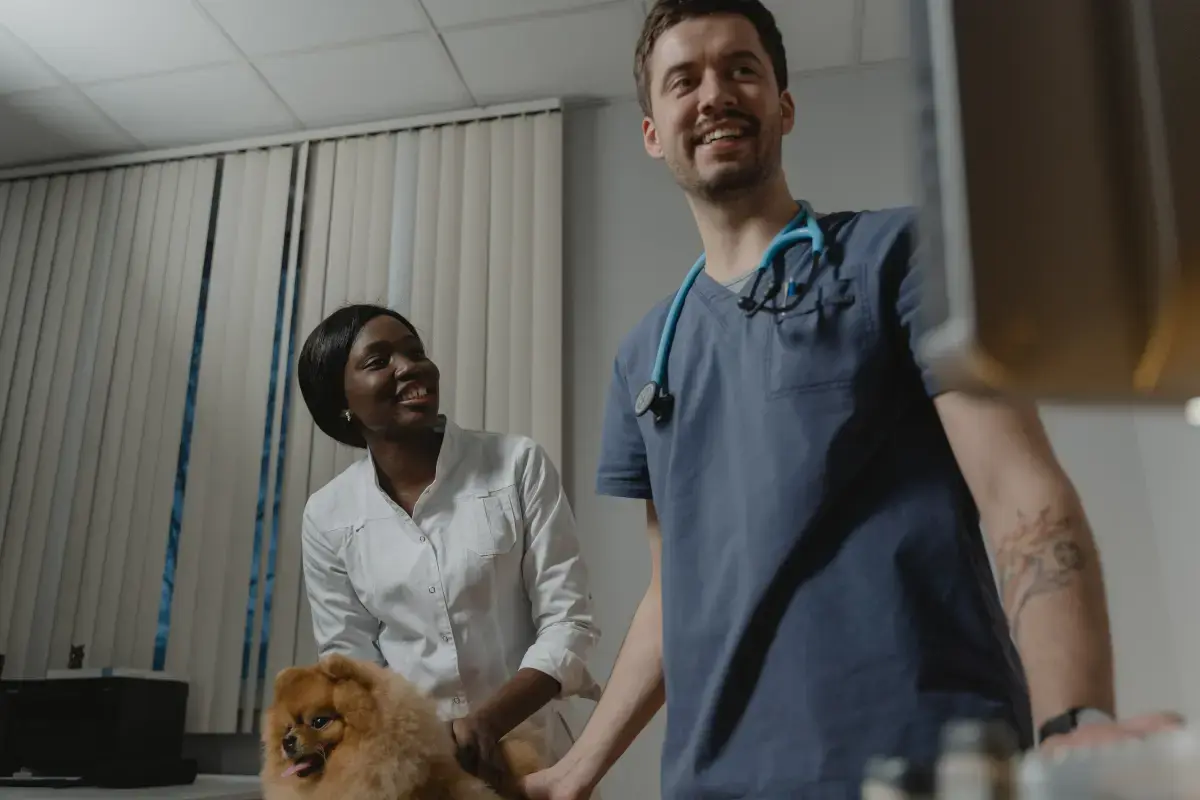
What are the roles and responsibilities of a Vet Nurse?
Providing nursing care to sick and injured animals
Administering medication and treatments prescribed by vets
Carrying out tests and laboratory work
Assisting with operations and other invasive procedures
Monitoring the health and wellbeing of inpatients
Discharge planning and giving advice to pet owners on aftercare
Educating clients on animal health, husbandry and preventative care
Conducting health checks, vaccinations and microchipping for pets List
examples of the roles and responsibilities of a vet nurse?
Conducting health checks, vaccinations and microchipping for pets
Taking care of animals who are in for surgery- pre and post operative care
Administering medication and treatments as prescribed by the veterinarian
Monitoring vital signs during anesthesia
Assisting with dental prophylaxis and other dental procedures
Collecting lab samples (such as blood, urine, feces) for diagnostic testing
X-ray imaging assistance
Client education on at home pet care, diet, exercise etcetera
Restraint of animals during examination and/or treatment
bathing and grooming of patients
Serving as a surgical nurse
Anesthesia nursing
Emergency & critical care nursing
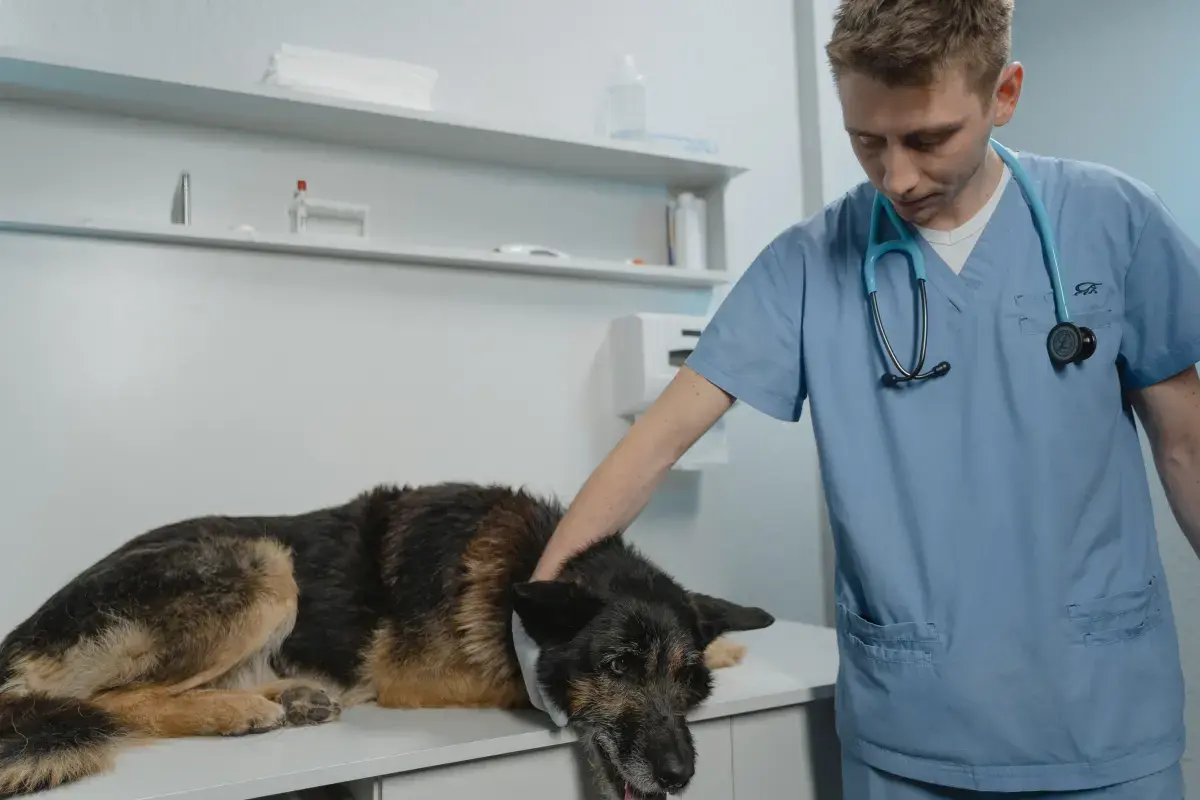
Where can I find Vet Nurse jobs?
- Create a profile on gigexchange and promote your Vet Nurse skills to advertise you are Open to New Work Opportunities
- Ensure your Resume (or CV), or online work profile is up to date and represents your skills and experience. Ensure your reputation reflects your ability & attitude.
- Apply for Vet Nurse Jobs advertised on gigexchange.
- Practise Vet Nurse interview techniques to ensure you represent your personality and ability succinctly and confidently.
- Accept the job offer if the salary meets your expectations and the employer mission and purpose reflects your core values.
Jobs
What are the best job boards for Vet Nursing jobs?

How can I hire Vet Nurse staff online for my business?
The best job board for recruiting Vet Nurse experts is gigexchange.com. Advertise full-time, part-time or contract jobs to find, hire & recruit trusted, experienced and talented Vet Nurse candidates near you.
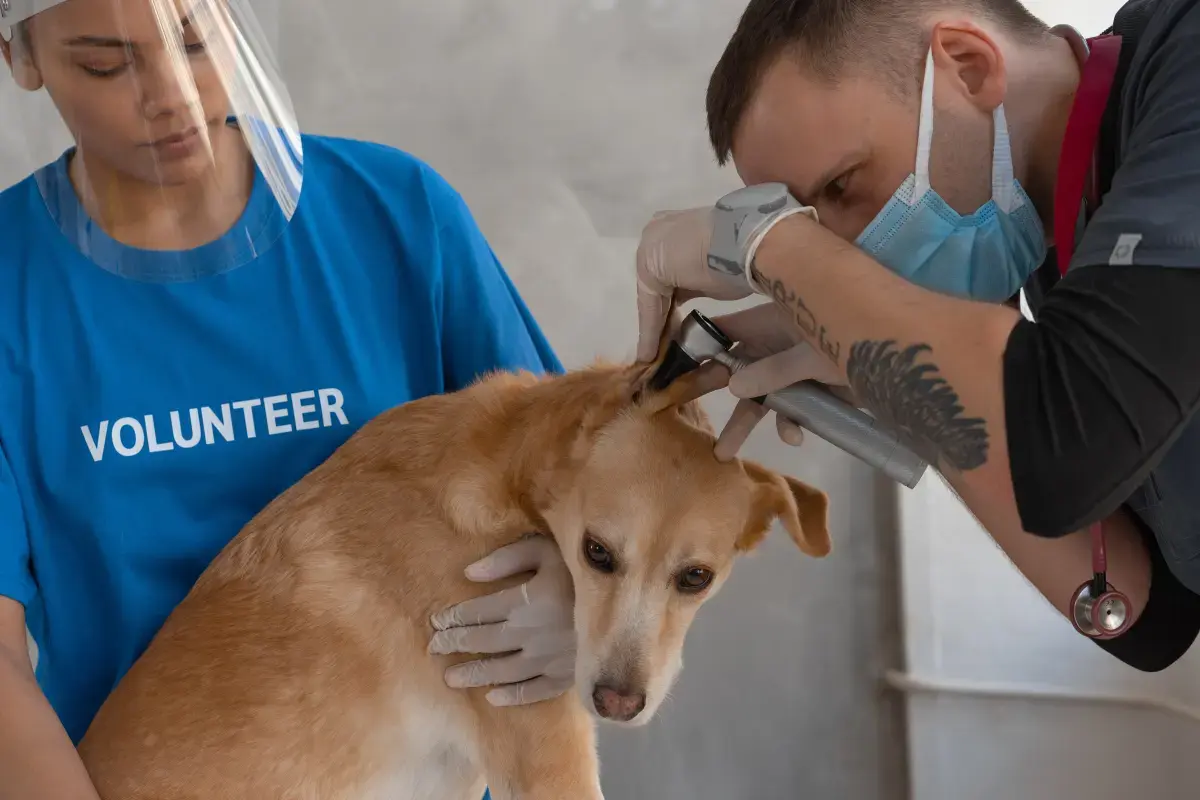
Are Vet Nurse roles in demand in 2026?
Vet Nurse experts are still in high demand in 2026. If you are an experienced Vet Nurse or looking to train and become one. The job market is looking strong for Vet Nurse jobs near me.